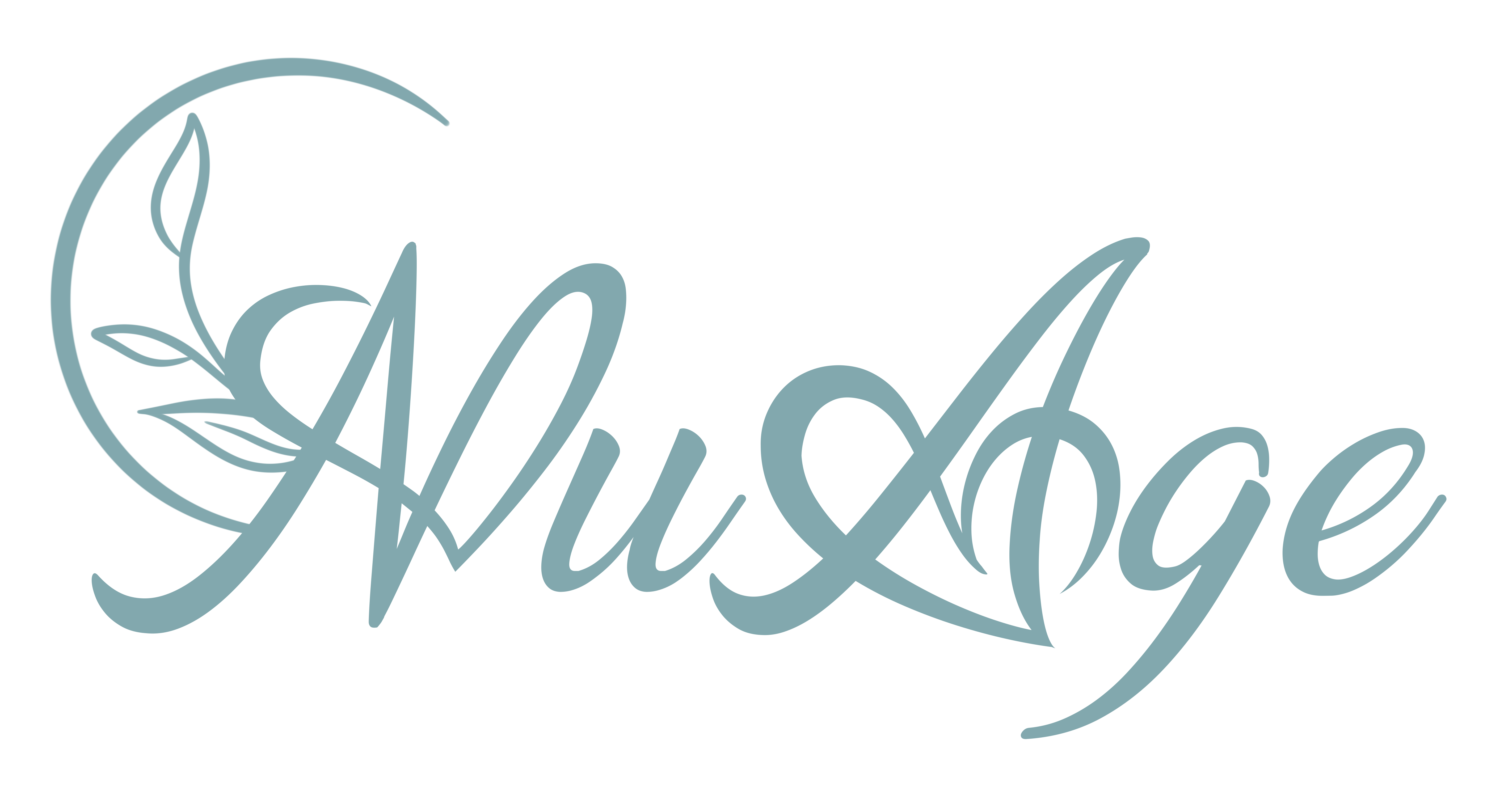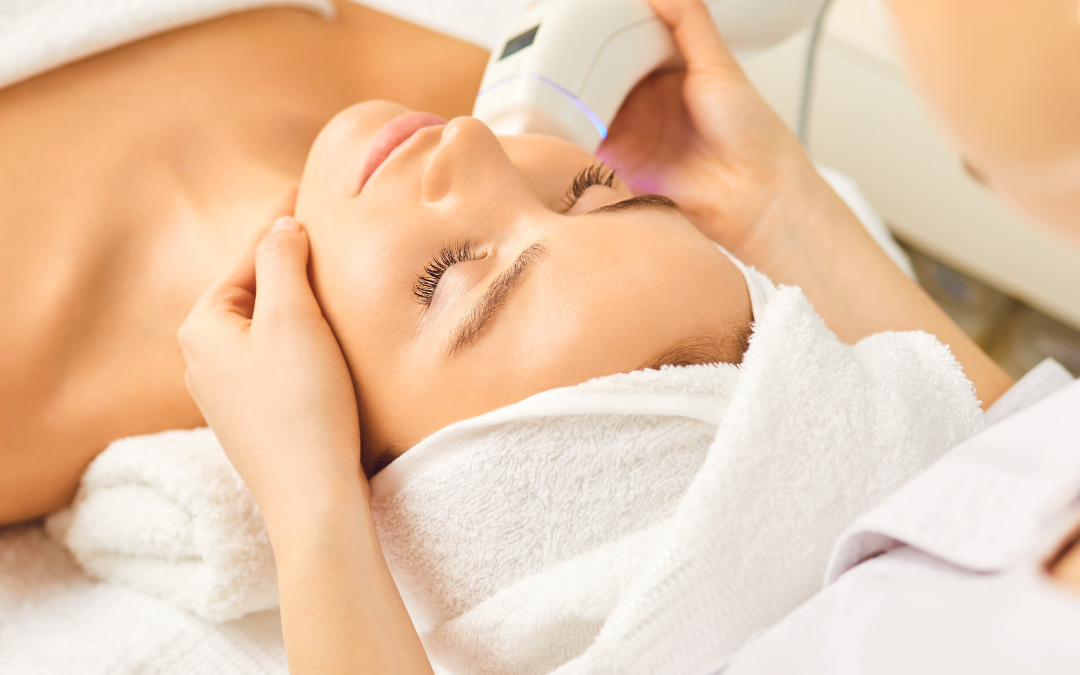Esthetician vs Aesthetician
Esthetician vs Aestheticians – Both are frequently consulted by patients who are having trouble managing their skin issues. These two occupations appear to be extremely similar to those who are unfamiliar with the skincare sector, which is why they are frequently used interchangeably. However, they are very different from one another, and not simply in the way they spell things.
So how can you distinguish Esthetician vs Aesthetician
Aestheticians are certified skincare specialists with training in giving treatments in a clinical or medical environment. When doing complex cosmetic operations, they typically collaborate with a dermatologist or plastic surgeon. In contrast, estheticians are professionals who work in salons and day spas and offer common facials, cosmetic procedures, and body treatments.
What Separates them Esthetician vs Aesthetician?
Many people frequently mix up the terms “esthetician” and “aesthetician.” At first look, it would appear that the only difference between them is whether the word has a ‘a’ at the beginning or not. Although aesthetic is more frequently used in British English, it is believed that esthetic is more frequently used in the US.
The study and appreciation of beauty and art are also technically referred to by these two terms. A wide range of cosmetic services and treatments that are used to enhance one’s appearance are included in the aesthetics and esthetics category of the skincare business.
However, there are certain variations between aestheticians and estheticians in terms of their job descriptions, services, educational backgrounds, and workplace environments. If you’re considering a career in skincare, it’s important to understand the differences between the two job roles so you can control your expectations and choose the right path for you. The differences between a regular esthetician and a medical aesthetician are summarized as follows:
Typical Duties and Provided Services
Aestheticians are qualified experts who can perform minimally invasive cosmetic operations and medical-grade skin treatments. In any clinical environment, they are also referred to as medical aestheticians or paramedical aestheticians. Their normal duties may include the following:
- Analyze and establish the patient’s skin condition
- Give them advice on the best skin care products to preserve their skin’s health and improve their appearance.
- Give knowledgeable skin advise on how to reduce the signs of aging.
- Apply cutting-edge skincare procedures to treat acne and remove scars.
- Give lymphatic massages to patients to aid their recovery after surgery.
- provide laser hair removal and tattoo eradication services
- Offer cutting-edge chemical peels for skin resurfacing and exfoliation.
On the other hand, an esthetician is a skincare expert who may provide fundamental facial and cosmetic treatments for simple, superficial skin problems. Typically, their job description looks like this:
- After an initial consultation, make suitable skin care recommendations.
- Offer chemical peels, face masks, and microdermabrasion procedures to cleanse and exfoliate the skin.
- Perform waxing, tweezing, and other hair-care and removal techniques, such as laser hair removal.
- Massage the body or the face
- To improve a patient’s general wellness and skin health, give them aromatherapy.
- dispense sunless tanning products
- Applying makeup, applying eyelash extensions, and shaping brows Assist doctors by getting patients ready for the procedure and cleaning the treatment area and equipment.
Education and Training Requirements
A degree from a recognized cosmetology college or esthetician school is essential for both aestheticians and estheticians. Before being allowed to work in a salon or medical setting, they must also complete at least 260 to 600 hours of practical training.
The sole distinction is that conventional esthetician courses are more comprehensive about cosmetology procedures, face treatments, hair removal, and makeup applications whereas the majority of medical aesthetic programs taken by aestheticians place a greater emphasis on clinical ideas. Additionally, adequate sanitary practices, disinfection, and fundamental salon administration are taught to estheticians.
Our extensive range of online training programs at Nuage college can assist you in developing your abilities as an aesthetician or esthetician. To learn more about our educational courses or to ask about our stocks, get in touch with us right now.


